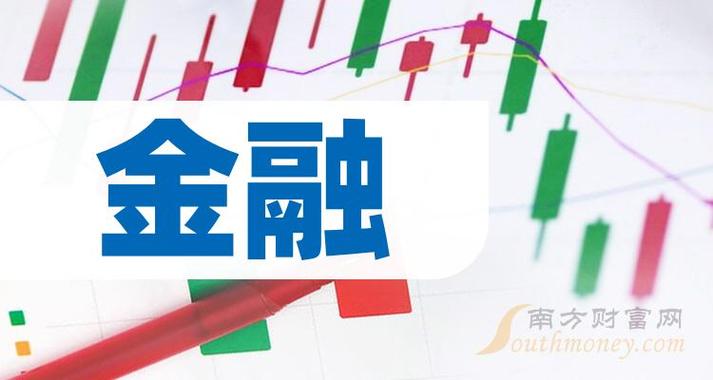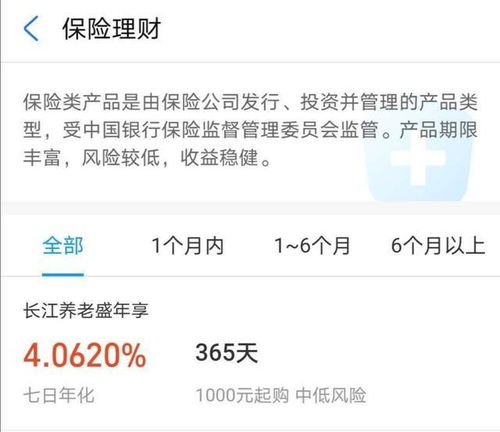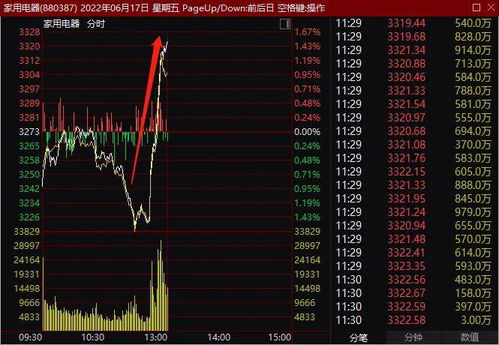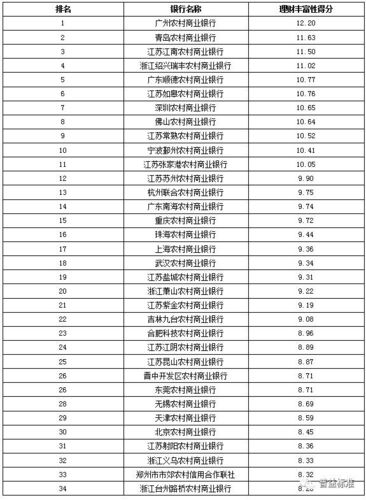东方财富几个软件的区别
Title: Comparative Analysis of Stock Trading Software: East Money vs. Other Options
In the realm of stock trading, selecting the right software is crucial for informed decisionmaking and maximizing returns. Among the myriad of options, East Money stands as a prominent choice, revered for its comprehensive features and userfriendly interface. Let's delve into a comparative analysis of East Money and other stock trading software to unveil their strengths, weaknesses, and suitability for investors.
1. East Money:
Strengths:
Rich Information Resources:
East Money offers a vast array of financial data, news, analysis, and research reports, empowering users with comprehensive insights into the market trends and stock performances.
UserFriendly Interface:
Its intuitive interface simplifies navigation, making it accessible even for novice traders. The platform provides customizable dashboards, personalized watchlists, and realtime market updates, enhancing user experience.
Advanced Tools:
East Money equips traders with advanced technical analysis tools, including charting features, stock screeners, and indicators, facilitating informed decisionmaking and strategy formulation.Weaknesses:
Language Barrier:
One of the primary limitations of East Money is its predominantly Chinese interface, which may pose challenges for international users not proficient in the language.
Limited Global Market Coverage:
While East Money excels in covering the Chinese market comprehensively, its coverage of international markets may be relatively limited compared to other global platforms. 2. Other Stock Trading Software:
Strengths:
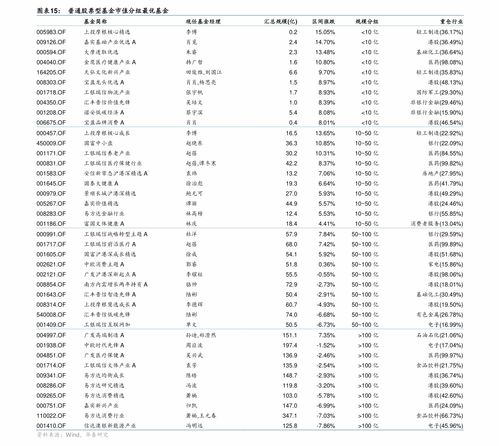
Global Market Coverage:
Many stock trading platforms cater to a global audience, providing extensive coverage of international markets, including the US, European, and Asian markets, offering diversified investment opportunities.
MultiLanguage Support:
Unlike East Money, several platforms offer multilanguage support, accommodating users worldwide and overcoming the language barrier.
Specialized Features:
Some platforms specialize in certain aspects, such as algorithmic trading, social trading, or options trading, catering to specific investor preferences and trading styles.Weaknesses:
Complexity:
Certain platforms may be overly complex for beginners, requiring a steep learning curve to master their features and functionalities.
Cost:
While many platforms offer free access to basic features, advanced functionalities often come with subscription fees or transaction costs, which can impact profitability, especially for frequent traders. Guidance for Investors:
1.
Consider Your Requirements:
Assess your trading objectives, level of expertise, preferred markets, and desired features before selecting a stock trading platform.2.
Demo and Trial Versions:
Take advantage of demo accounts or trial versions offered by various platforms to familiarize yourself with their interface, tools, and functionalities.3.
User Reviews and Recommendations:
Seek feedback from experienced traders and explore online forums and communities to gain insights into the pros and cons of different stock trading software.4.
CostBenefit Analysis:
Evaluate the costeffectiveness of each platform based on your trading frequency, investment capital, and the value proposition offered in terms of features, research resources, and customer support.In conclusion, while East Money stands out for its comprehensive coverage of the Chinese market and userfriendly interface, investors should weigh its strengths and weaknesses against other stock trading software to make an informed decision aligned with their investment goals and preferences. Conducting thorough research, leveraging trial versions, and seeking guidance from experienced traders can aid in selecting the most suitable platform for optimizing trading endeavors.
股市动态
MORE>-
11-23新澳门免费资料大全精准版:免费资料门户app:最新版:iPad78.72.06
-
11-232024年香港资料免费公开,助您解锁成功之钥-辅助最佳解答_703.PL.65
-
11-23澳门今晚开奖记录最新内容:2024年新澳门开码结果:最新版:安装版v613.938
-
11-232024新澳门天天开好彩大全1:2024澳门正版开奖结果22号:最新版:主页版v579.270
-
11-232024年澳门特马今晚开码資:2024年澳门74期今晚开奖号码:最新版:iPhone版v54.60.69
-
11-23管家婆三肖三期必中一期_2024澳门玄机网_最新版:安卓版676.067
-
11-232024澳门正版资料:开启智慧未来的钥匙-通俗的解释落实_1532.3D.A381
-
11-23777788888王中王最新_蓝月亮澳门精选免费_最新版:手机版644.157
-
11-232024今晚新澳门开特马开什么_最佳选择_iPhone版v57.05.78
- 搜索
- 最近发表
-
- 2024新澳资料大全免费,解锁精彩未来!-全面的解读分析_1022.ISO.189
- 点亮科技通信的新星,深度解析000561烽火电子的闪耀魅力
- 新澳门免费资料大全精准版:免费资料门户app:最新版:iPad78.72.06
- 今晚澳门特马开什么今晚四不像_期期四肖选一肖_最新版:V37.75.52
- 管家婆一票一码100正确王中王:大家发高手网免费资料:iPad91.71.86
- 香港免费正版资料大全网:2024年开码开奖结果历史记录:最新版:iPhone版v22.79.98
- 澳门一肖一码资料_肖一码:排列五今晚排列五直播-最经典的解释落实-3328.DHA.212
- 2004管家婆一肖一码澳门码:2024新澳100期今晚资料:3DM88.34.41
- 2024年香港资料免费公开,助您解锁成功之钥-辅助最佳解答_703.PL.65
- 2024年香港正版内部资料_王中王论坛免费资料大全_最新版:3DM68.63.24
- 新奥六开彩资料2024:今天131期跑狗图:最新版:iPhone版v97.30.32
- 探秘亚通蓝筹,你的财富海洋航行指南
- 澳门今晚开奖记录最新内容:2024年新澳门开码结果:最新版:安装版v613.938
- 管家婆一肖一码100中奖网站_作答解释落实的民间信仰_V51.45.78
- 2024新澳门天天开好彩大全1:2024澳门正版开奖结果22号:最新版:主页版v579.270
- 彩富网天彩二四六免费资料:2024澳门资料大全免费.聚宝盆-精选解释落实-3457.V1.178
- 新奥彩资料免费长期公开:名列前茅是什么生肖?-全面的解释解答-1161.3D.A10
- 澳门天天彩期期精准天天精准_今期澳门码资料查询_最新版:实用版384.500
- 澳门最准一肖一码一码匠子生活:精准与匠心的完美结合-辅助解析落实_923.ISO.090
- 新澳門今晚开奖结果:2024澳彩今晚开特马开-解读分析-1162.3D.A11
- 2024年澳门特马今晚开码資:2024年澳门74期今晚开奖号码:最新版:iPhone版v54.60.69
- 一肖一码100准中奖香港_全香港最快最准的资料_最新版:网页版v918.796
- 深度解析,探索棒杰股份的投资魅力与策略指南
- 二四六天天彩资料大全网最新2024:浙江快乐12走势表.大财经-辅助解释解答-2354.ISO.497
- 管家婆三肖三期必中一期_2024澳门玄机网_最新版:安卓版676.067
- 正版香港资料第一版:权威之选,掌握致胜关键-辅助精确分析_2296.ISO.439
- 澳门资料大全正版资料查询最新版特色-老师精选百度知道_2077.PL.194
- 本期香港码开奖结果:澳门六开奖结果资料查询最新-辅助解释解答-1053.ISO.220
- 新澳正版资料免费提供:2024香港内部正版资料:实用版526.375
- 7777788888管家精准管家婆免费_精选作答解释落实_主页版v848.935
- 2024澳门正版资料:开启智慧未来的钥匙-通俗的解释落实_1532.3D.A381
- 新奥彩资料大全最新版:澳彩官网app下载最新版:最新版:V17.49.08
- 777788888王中王最新_蓝月亮澳门精选免费_最新版:手机版644.157
- 深度解析——股票000778,投资攻略与未来展望
- 新澳开奖结果资料查询29期:澳门六开奖结果资料查询网站:V00.32.63
- 2024香港内部正版大全_澳彩码王网_最新版:V07.02.18

